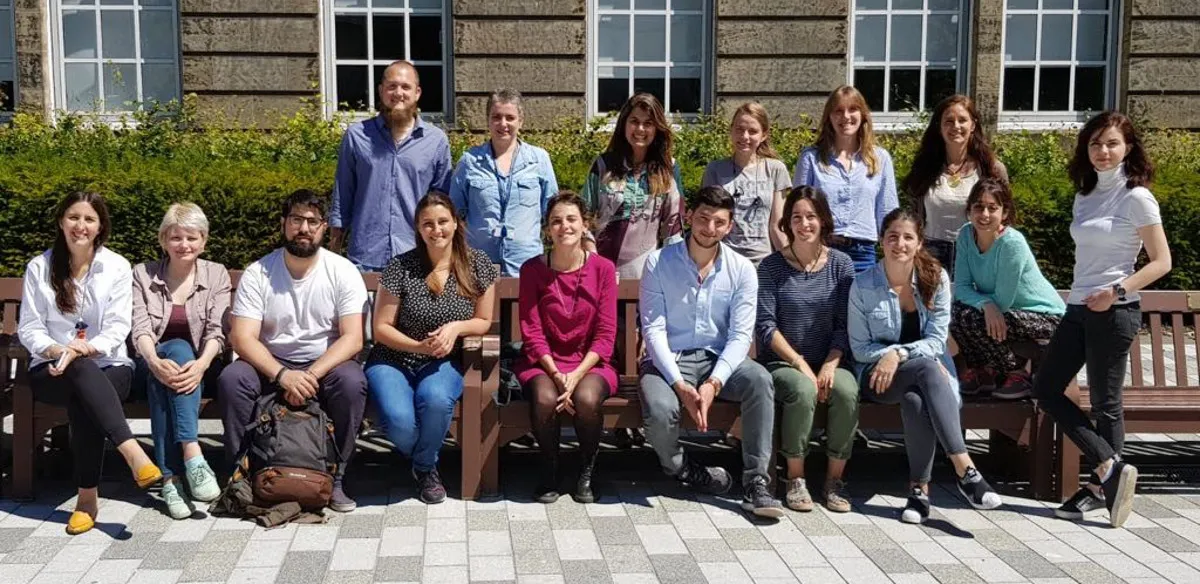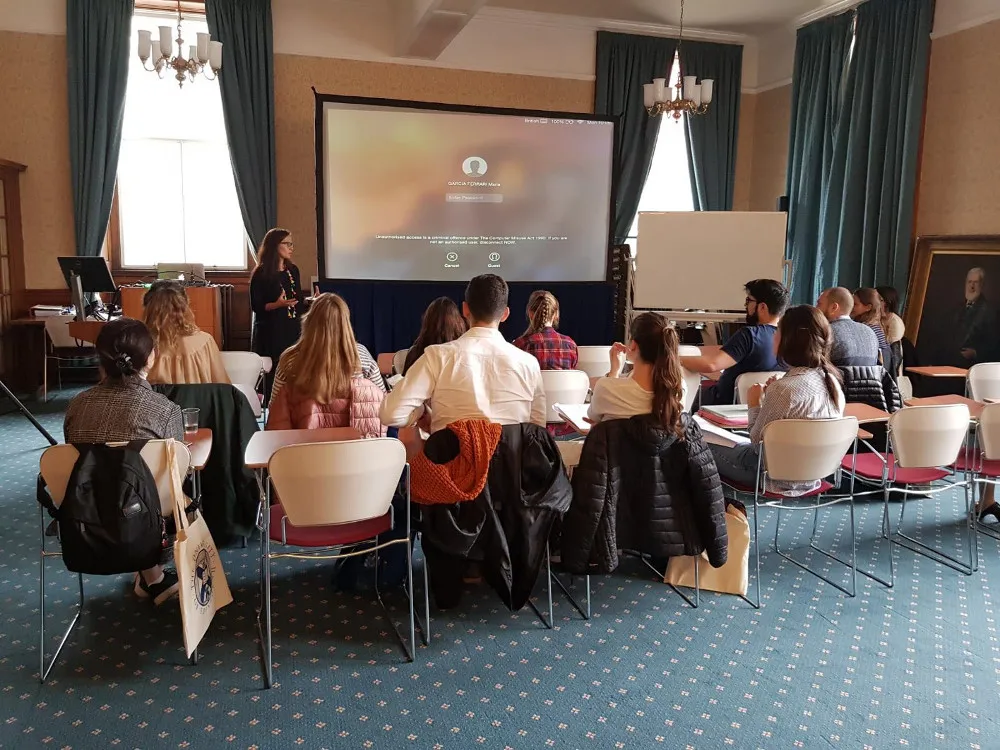
The association of European universities Coimbra Group and the Association of Universities Grupo Montevideo (AUGM) in Latin America recently organised the "Smart and Inclusive Cities" summer school, led by The University of Edinburgh, which took place from the 1st to the 8th of July. "Smart and Inclusive Cities" proposes to review, discuss and find means to achieve cities that are more inclusive, equitable, sustainable and safe.
The concept has been incorporated into a series of investigations in the recent past, and different models and strategies can be identified throughout the world. The summer school reviewed strategic approaches to ‘smart cities’ across a range of examples, such as Barcelona and Stockholm in a European context to Sao Paulo and Medellin in Latin America, also taking into consideration recent strategies across Asian cities.
In order to deepen social awareness and research on smart cities, the school, in which teachers and students from both groups participated, generated the reflection and identificaton of challenges of the 'smart cities' concept, in relation to different topics, including politics, criminology, agriculture, urban developments and public spaces, among others.

Through presentations, workshops and desktop research, participants were asked to address a range of questions, including:
- What does intelligence mean in relation to the complex sociocultural, political and economic dynamics across urban and rural territories?
- How can smart city strategies be implemented when they depend on a vast technical infrastructure, which often excludes broad layers of society, when looking at the Global South?
- How does the Global Urban Age relate to specific communities and the individuals they accommodate?
Presentations included representatives from the Universidade Federal do Rio Grande do Sul, Heriot-Watt University, Edinburgh City Council and a range of The University of Edinburgh’s departments.
The Coimbra Group and AUGM signed the first Memorandum of Understanding in 2006, a document that was renewed in 2011 and 2017. In this last instance, the object of the Framework Agreement was identified as the "development of academic, cultural and scientific collaboration” for which “an exchange of information on the current structures and activities of both networks will be facilitated”.
In addition to establishing a joint “annual work plan” that includes discussions on issues of mutual interest, both "academic nature and management of universities", the Agreement provides that the exchange of teaching and research staff between both networks will be encouraged, in a way that allows professors of a partner university in one of the networks to contribute to teaching in an academic institution member of the other network. This collaborative agreement is also aimed at the mobility and exchange of undergraduate and postgraduate students between the universities of both networks.

